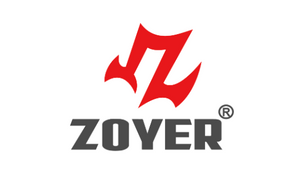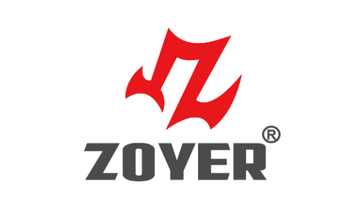10 Essential Tips for Beginner Marathon Runners and Why Compression Gear Might Be A Good Addition
Dec 02, 2023
Running a marathon is a monumental feat that requires preparation, dedication, and the right support. For novice runners venturing into the world of marathon training, incorporating compression support can make a significant difference. Here are 10 essential tips, each intertwined with the benefits of compression gear, to guide you on your marathon journey:
- Start Gradually: Begin with shorter runs to allow your body to adapt. Compression sleeves or socks aid in reducing muscle vibration, minimizing fatigue during these initial training sessions.
- Invest in Quality Shoes: Proper footwear is crucial. Coupling your running shoes with compression socks provides added support, enhances circulation, and reduces muscle soreness.
- Set Realistic Goals: Establish achievable milestones. Compression wear promotes better blood flow, helping prevent injuries and aiding in a quicker recovery between runs.
- Hydration is Key: Stay well-hydrated. Compression garments assist in moisture management, keeping your muscles dry and minimizing the risk of chafing during long runs.
- Listen to Your Body: Pay attention to signals of fatigue or discomfort. Compression gear offers targeted support, reducing muscle oscillation and minimizing the impact on joints.
- Incorporate Strength Training: Build strength with cross-training exercises. Compression clothing enhances proprioception, promoting better body awareness and stability during strength workouts.
- Fuel Your Body: Prioritize a balanced diet rich in nutrients. Compression garments aid in muscle oxygenation, enhancing endurance and energy efficiency during runs.
- Practice Good Running Form:Focus on posture and stride. Compression wear supports muscle alignment, reducing muscle vibration and optimizing biomechanics for efficient running.
- Rest and Recovery: Allow ample time for recovery. Compression sleeves or tights worn post-run can facilitate muscle recovery by reducing swelling and improving circulation.
- Seek Professional Guidance: Consult with a running coach or physical therapist. Compression gear can complement professional advice, addressing specific muscle groups and providing targeted support based on your unique needs.
Remember, every runner's journey is unique, and finding the right balance for your body is essential. Compression support an be a valuable ally in your marathon training, aiding in performance, recovery, and overall comfort on your way to conquering those 26.2 miles and check that off your bucket list.
Here are some of our products that might help you run or train for the Marathon!


